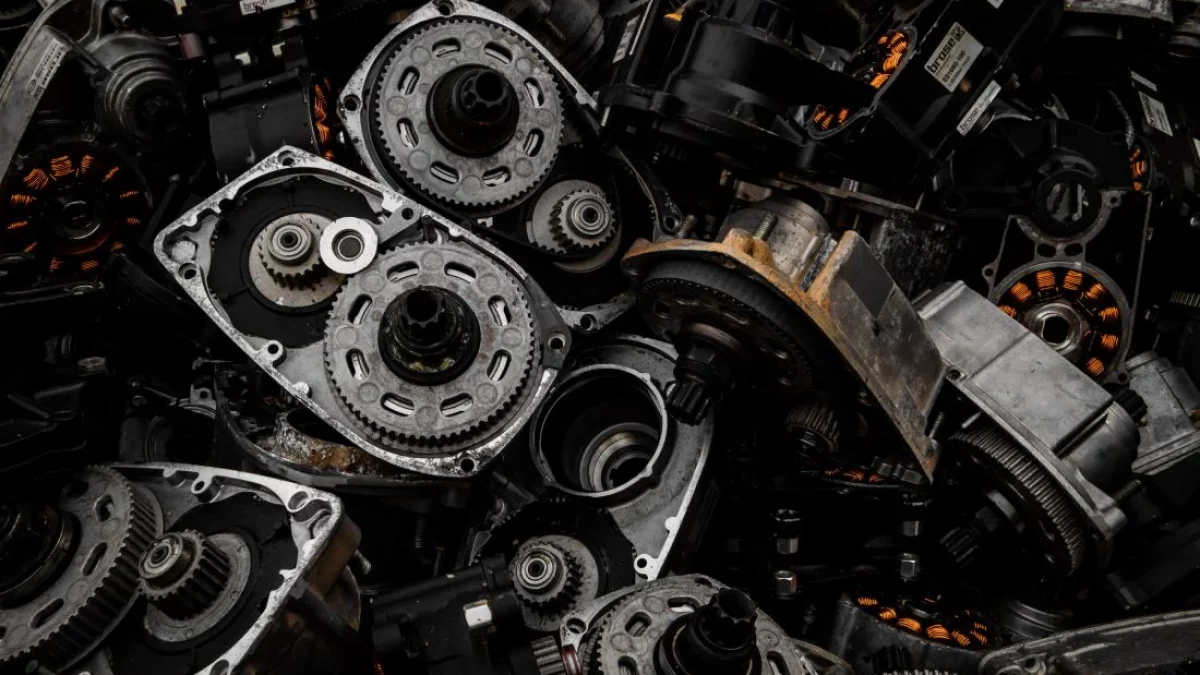Online auto parts stores have many advantages over traditional retail outlets. Not only can they often stock larger inventories quickly and ship the parts promptly, they also often provide filters to ensure parts will fit your car properly.
Purchase of used auto parts can be risky business; therefore it is crucial that buyers know what signs to look out for to prevent getting taken advantage of.
1. Look for a Reputable Seller
When buying used car parts online, it is crucial to choose a trustworthy seller with excellent customer service. Reputable sellers provide clear communication with buyers, quickly responding to any concerns or questions that arise and fast and reliable shipping of their items.
Additionally, it’s essential that you find a reputable seller of used auto parts, but also consider what type of part you require. Original Equipment Manufacturer (OEM) parts should always be given top priority as these have been created by automakers themselves; if budget restrictions limit your options however, second-hand or recycled options might be the better fit.
Local sources are great ways to source used auto parts because you can interact directly with someone. Such sources include junkyards, specialty auto parts stores and garage sales – not only are these places more cost-efficient and convenient than online sources but they may even deliver your parts directly!
2. Check the Warranty
Before making a purchase, always ask the seller what type of warranty is offered on their parts. Knowing this will provide peace of mind should anything go wrong or they differ from what was described. Furthermore, always verify if parts have been tested or inspected to ensure optimal functionality before purchasing them.
Consider whether or not the part is OEM or aftermarket when making purchasing decisions. OEM parts are manufactured directly by their original manufacturer while aftermarket parts come from third-party companies. Understanding these two categories of parts will have an enormous impact on your vehicle’s performance.
Used auto parts purchased online can be an economical and efficient way to save money on repairs and maintenance. However, it is crucial that buyers take time researching reputable suppliers and inspecting parts closely prior to placing an order.
3. Check the Description
As when shopping online for used auto parts, it is wise to be wary of potential risks when purchasing pre-owned parts. Unfortunately, online sellers may misrepresent the condition or fitment of parts they offer you – this could result in you purchasing parts that won’t fit or work correctly if they arrive. To protect yourself against this happening to you, carefully inspect any potential purchases for signs of wear and tear as well as warranty and return policies from sellers prior to making a purchase decision.
No matter if you are an experienced DIY mechanic or new to automotive restoration projects, choosing used parts can make all the difference in your projects. By following these tips for selecting appropriate used parts for reuse can save money while simultaneously reducing environmental impact – plus get exactly the parts needed for your next venture! Have you used recycled car parts successfully in any previous repairs or restoration efforts? Share your story in the comments below!
4. Check the Price
Purchase used auto parts online can save money, but finding reliable suppliers is key to saving. Make sure that your online marketplace of choice has established credentials and stringent seller guidelines, to ensure you receive quality parts compatible with your vehicle.
Shopping around and comparing prices is also highly advised, as you could potentially get better savings by buying in bulk or taking advantage of promotions.
Make sure you know how old the part is; otherwise it could no longer work properly or could even be harmful. Inquire with the seller whether the part has been modified or rebuilt. Usually this information can be found in their listing; if not, simply ask. This will prevent sellers from trying to sell low-quality parts at exorbitant prices while helping you make an informed decision as to if its cost justifies itself.





